LATEST INSIGHTS
Your Present Location: LATEST INSIGHTS-
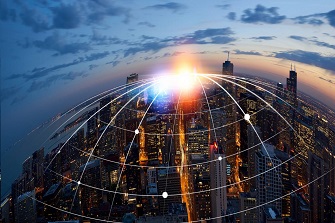
William Jones: Global competitiveness report a wake-up call on the economy
It was a rather gloomy picture presented in this year's Global Competitiveness Report issued by the World Economic Forum. The report is said to be an indicator of how close an economy is to the "frontier" of competitiveness in the various areas of the economy. While the definition of "competitiveness" is somewhat elusive, and perhaps rather subjective, it does include as a basic element the notion of productivity increases, and in that sense has a real basis in reality.
2019-10-11 -
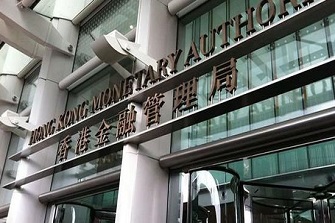
Industry urges more measures to end violence as Hong Kong stock turnover slips
Hong Kong's financial industry, a major driver of the local economy, has stumbled amid the unrest that has swept across the city, prompting industry insiders to call for harsher measures in addition to the new anti-mask law to end violence, restore social order and rebuild market confidence.The turnover of the Hong Kong stock market declined 19 percent year-on-year in the past two quarters amid cruel and violent acts, which heaped pressure on the local financial industry especially small and medium-sized securities dealers that also face hefty rents and surging regulatory costs.
2019-10-10 -
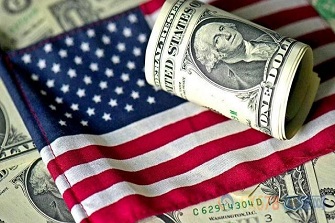
John Ross: US economy slowing but not in danger of recession
Will the US enter a recession in 2020, a US presidential election year, or will its economy only slow further without entering actual recession? That is the discussion among the overwhelming majority of US economists. To illustrate this, Bloomberg asked on October 5, "Is the US Headed for a Recession?" Its analysis began, "Through all the noise around US data this week, a clear signal is emerging: The world's biggest economy is slowing down. The question now is, how badly?"
2019-10-10 -
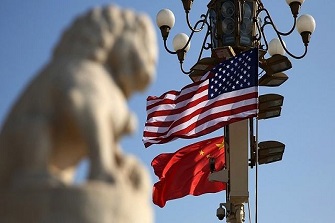
Zhao Minghao: Diplomatic Dance Step May Help Ease China-US Tension
The vice ministerial-level trade talks between China and the United States have concluded in Washington, making necessary preparations for the high-level talks to be held in the coming weeks. A statement by the Office of the U.S. Trade Representative described the talks as “productive,” but concerns are growing about the prospects of the larger trade negotiations. Before the start of the talks, U.S. officials were said to have discussed the possibility of reaching an interim trade deal with China.
2019-10-10 -
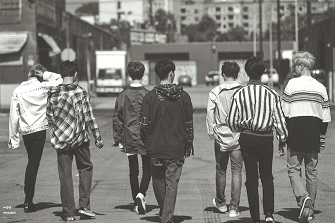
Ding Gang: K-pop strikes the right chord in East Asia
Korean pop (K-pop), which found birth in South Korean culture, represents a symphony of various styles and genres of music. Observing how K-pop developed and thrived can help us reassess cooperation in East Asia. As we learn to perceive young people - understand what they want, what makes them sad and happy, and how they see each other - we will definitely find ways to increase trust. Cultural phenomena like K-pop are resonating among the young in East Asia and finding favor during cultural interaction.
2019-10-10 -

William Jones: Houston, we have a problem!
After many years of a "frozen" relationship, we reestablished contact through sports, a ping-pong match. And although there have been ups-and-downs in the relationship since that period. The sports arena has been one of the areas that have remained a realm of cooperation – as well as competition. But by bringing partisanship into that realm with his thoughtless tweet, Mr. Morey has significantly damaged one area which is important for maintaining equilibrium, when the political – or the trade – issues become problematic. For that, he should, and no doubt will, pay a price.
2019-10-09 -
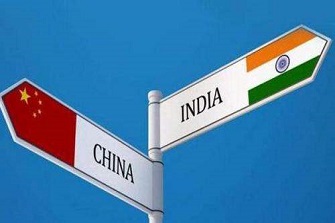
Liu Zongyi: China-India bid can forge united Asia
Chinese President Xi Jinping and Indian Prime Minister Narendra Modi are slated to hold the second informal meeting in the South Indian coastal town of Mamallapuram in Tamil Nadu later this week after the two leaders held an informal summit in Wuhan in April 2018, according to Indian media reports. Mamallapuram is a UNESCO world heritage site recognized for being the home to exquisite Hindu statues and stone-carved temples belonging to the Pallava Dynasty.
2019-10-09 -
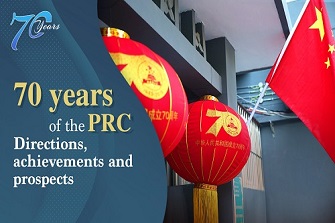
Srikanth Kondapalli: 70 years of the PRC – Directions, achievements and prospects
To mark the PRC's 70th founding anniversary, CGTN has introduced a special series "70 Years through Foreigners' Eyes." In the fifth episode, Srikanth Kondapalli, Chairman of Centre for East Asian Studies of School of International Studies at Jawaharlal Nehru University at New Delhi, and Non-Resident Senior Fellow at Chongyang Institute for Financial Studies, Renmin University of China, shared his views on how China has been struggling ahead to make the country prosperous.
2019-10-09 -

Chinese parade injects confidence to safeguard world peace
Criticism of China involving saber rattling by some in the West does not hold water. That China has shown its most advanced weapons in the parade, instead of battlefields, as well as the fact that China has never resorted to force to seek expansion in thousands of years of history, should give them some food for thought.Different from some Westerners who worship military forces, the Chinese believe in subduing the enemy without fighting, namely military deterrents, resulting in defensive military policies designed to promote peace.
2019-10-09 -
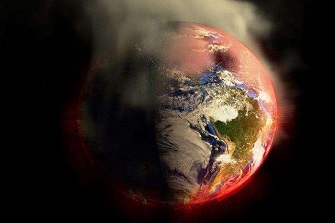
William Jones: Beware of the doomsday prophets
As little Greta Thunberg was making her prime-time appearance at the UN Climate Summit, in an almost hysterical state, railing against world leaders who were talking about "fairy tales of eternal economic growth" while the world was facing "mass extinction" because CO2 levels have not been brought down to "net zero," I could not but feel a little sorry for this poor child from Sweden. But psychologically, she is undoubtedly in a very fragile state. I don't know who put her there, but it is well-nigh criminal that they have done so. Even more criminal is the attempt to put her on a world tour to spread her irrational fears of "mass extinction."
2019-10-08 -
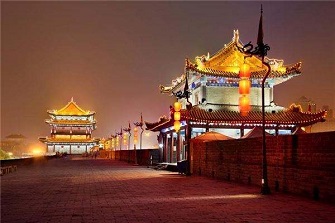
William Jones: The BRI promotes the dialogue of cultures
Much has been written recently in the Western media about China's Belt and Road Initiative (BRI). Numerous Western think-tanks have devoted units of their establishments to study the BRI. And even many of those individuals and institutions that have taken a positive view of the project (and many have not), there is still an undertone of suspicion that somehow, for all the good it has achieved, it is still motivated primarily by Chinese political interests and should, therefore, be approached cautiously.
2019-10-08 -
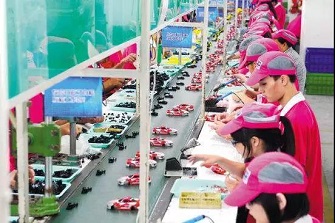
A toy story in Chinese culture
Branding and original design are prerequisites for Chinese toy manufacturers to add Chinese cultural elements to toys. Even after two months, Wang Zhenhua is furious with the tour guide at Hemudu Neolithic cultural site in Zhejiang province for opening her remarks on the ancient Chinese mortise-and-tenon joint (sun mao) culture by asking the 30-odd about-12-year-old visitors whether they have played with Lego building toys.
2019-10-08 -

Wang Wen: Africa has a lot that China can learn from
I often write on the flight. This habit makes me more productive, but it carries huge risks. For example, it is easy to forget the laptop on the cabin seat. Two weeks ago, when I was transferring flights in the Ethiopian capital Addis Ababa, the risks finally boiled over. It happened on my way back to Beijing from a visit to Zimbabwe. When a friend who works for a Chinese company in Harare heard that I was on the same plane as his parents, he asked me to help the aging couple to find their way around the Addis Ababa airport for a transfer to Shanghai.
2019-10-08 -
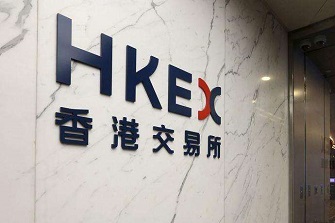
HKEX reportedly seeking loans to back up proposed LSE acquisition
Hong Kong Exchanges and Clearing Limited (HKEX) is reportedly seeking a $9.8 billion loan to back up its proposed acquisition of the London Stock Exchange (LSE) which had previously been rejected. Experts expressed reservations to the development of the deal and noted that it will be difficult to reach one in short term. HKEX is considering borrowing up to $9.8 billion from several banks, and its executives were in London to meet with LSE shareholders during the week to convince them to accept the offer, Bloomberg reported over the weekend, citing an anonymous source familiar with the matter.
2019-10-08 -
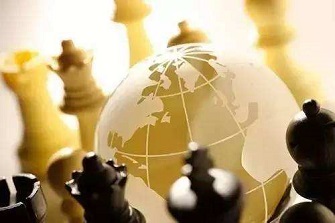
Zhao Minghao: No need to overreact as Quad ups gear
The Quadrilateral Security Dialogue - known as Quad - between the US, Japan, India and Australia was held Thursday on the sidelines of the UN General Assembly at the foreign minister's level. Since its revival in November 2017, the Quad had met only at the joint-secretary level. This first foreign-minister-level meeting may suggest that the framework is upgrading. Speculation is swirling on whether it would move toward a NATO-like group in Asia.
2019-09-30 -

Reflections on 70-year rise to world factory
As the tapestry of China's industrial development into the world's factory in the past 70 years unfolds, the relentless pursuit of the Chinese working class, the changing demand of the Chinese consumers and the pursuit of homegrown technologies by Chinese companies dominate people's thoughts, analysts said on Thursday. A struggle over seven decades saw the Chinese people build from near bare-handedness one of the world's most extensive industrial systems, snatching the laureate of "world factory" - a title once enjoyed by the British, then the Americans.
2019-09-30 -
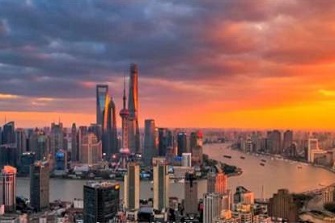
White paper highlights nation's contributions to global progress
A major white paper reaffirming China's development and its role in building an international community with a shared future for mankind helps the world better understand the country and its significant contributions to world progress, according to experts and observers. The document, "China and the World in the New Era", was issued by the State Council Information Office in the run-up to celebrations on Tuesday marking the 70th anniversary of the founding of the People's Republic of China.
2019-09-30 -
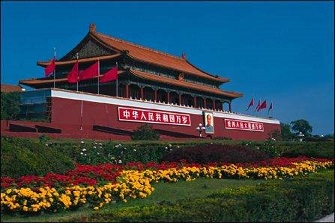
National medals presented
Forty-two people, including Chinese and foreigners, were awarded the highest honors for their contributions to China over the past seven decades, which analysts said manifests the core of Chinese values. President Xi Jinping presented national medals and honorary titles of the People's Republic of China (PRC) to awardees in the Great Hall of the People on Sunday morning, ahead of the country's grand celebrations for the 70th anniversary of the founding of the PRC, scheduled for Tuesday.
2019-09-30 -
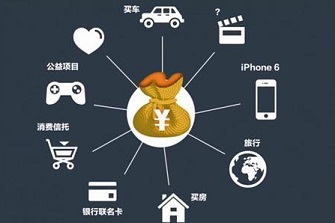
China hails ‘miracle’ achievement in trade
Just as China's economic growth over the past seven decades has been described as a miracle, the explosive rise of the country's trade is also nothing less than a miracle. Starting from almost nothing, China has become the world's largest trading nation in just 70 years. However, as the country celebrates the 70th anniversary of the founding of the People's Republic of China, it also faces an array of challenges for its trade, from a transformation process at home to rising trade protectionism and tensions abroad, officials and analysts noted on Sunday.
2019-09-30 -
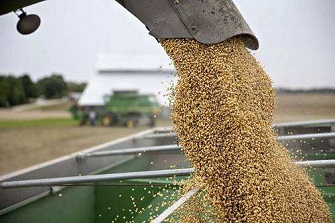
China responds to US goodwill gesture with purchase of farm goods
China has moved swiftly in responding to the latest goodwill gesture from the US by encouraging Chinese companies to buy a "certain amount of" US soybeans, pork and other products, as part of an effort by both sides to create positive vibes for ongoing trade negotiations. While the exchange of goodwill gestures injects fresh momentum into the talks, uncertainty remains about whether the two economic powers can reach a deal in upcoming meetings and end the costly trade war. The ball is in Washington's court, Chinese analysts noted on Wednesday.
2019-09-29
























































































 京公网安备 11010802037854号
京公网安备 11010802037854号





